Let Them Hit and Kick
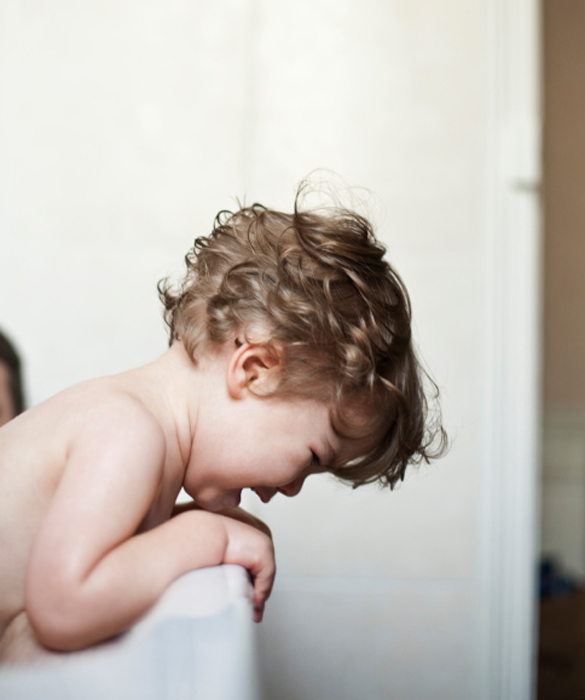
If your child’s angry and needs to hit, let him! Don’t stop the action—redirect it. Provide a safe target like a pillow, and let him get his feelings out. Sometimes that burst of energy has to explode before he can calm down. Young kids express their feelings with their bodies. Tell your child “You can’t kick your brother, but you can kick this cardboard box.” A safe target reinforces that people aren’t for hurting.
It's OK Not to Share
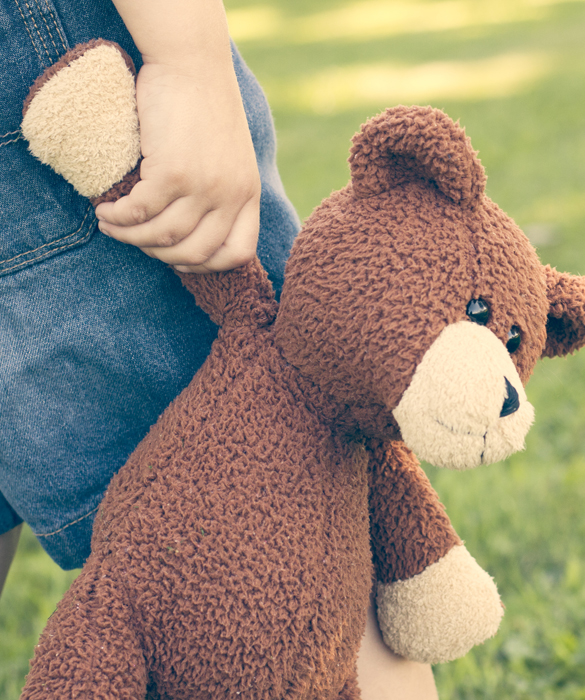
We ask kids to share on demand the instant someone else asks for it. That type of sharing feels terrible. Kids don’t want to do it, and they actually won’t unless parents are watching. Try this: Let your child keep a toy until she’s all done, then watch how joyfully she hands over the toy. That’s the moment kids learn how good generosity feels. Besides, waiting for a turn teaches impulse control and delayed gratification.
Let Her Hate the Baby
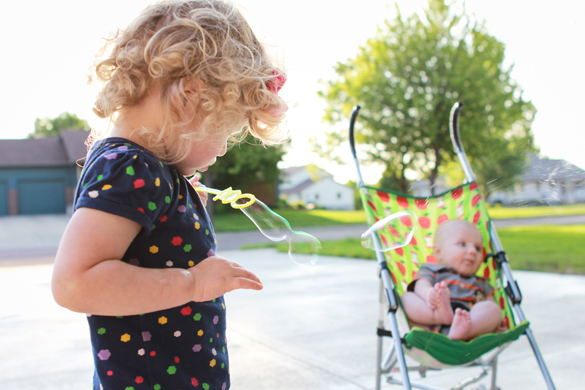
Don’t force family love. Jealous feelings need honest acceptance. Remember, it’s not always easy to live with a baby or toddler. Jealousy often shows up as aggression in the early years. Keep the baby safe: establish a zero tolerance policy for physical attacks, but don’t expect your child to mirror your feelings. All feelings are OK; all behavior isn’t. Tell your child: “You can be mad, but I can’t let you hurt the baby.”
Bombs & Bad Guys OK
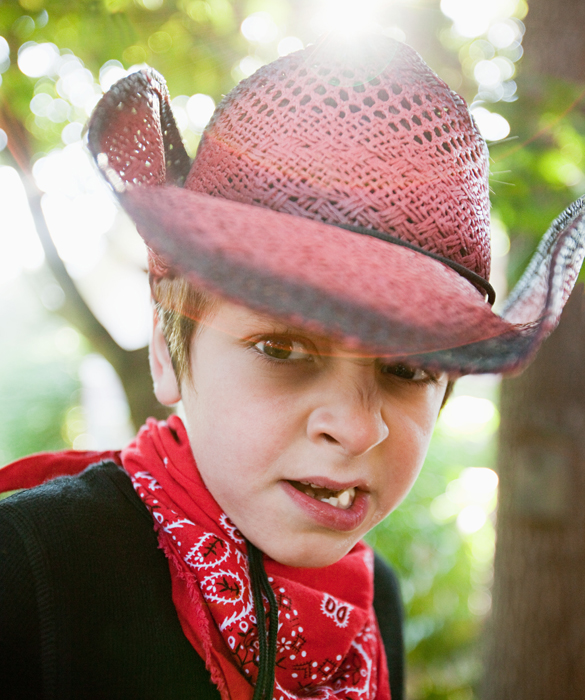
Preschoolers use weapon play to explore fears, make friends and develop morality. Yes, morals. Weapon play often involves good-guy/bad-guy games, which are full of good and evil. Set limits if you’re worried about safety (don’t aim at faces), but allow the play. If kids are laughing, having fun and showing concern when someone gets hurt, there’s no cause for worry. A child who plays pirate won't grow up to become a pirate.
Love Their Lies
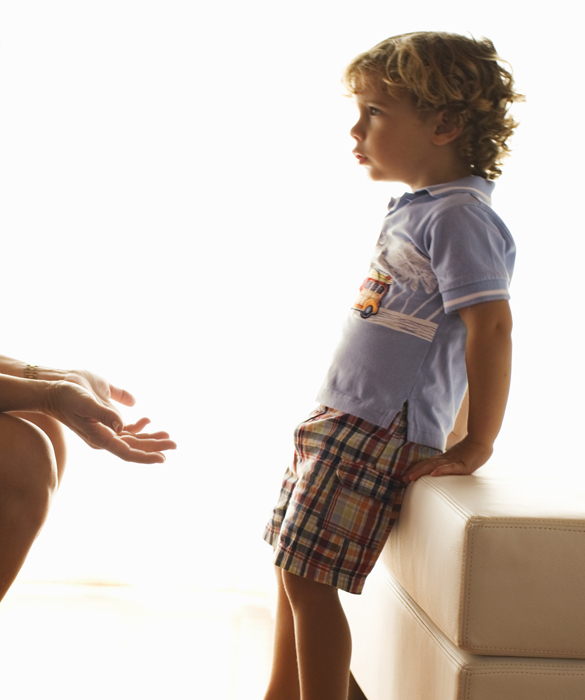
Young kids lie to express wishes and to try to control their world. It’s not a morality crisis. Translate your child’s lie into what it is: “You really wish that’s the way it happened, huh?” Don’t pounce. Chances are, she’s trying to say the right thing. Most kids lie to please adults. So stay calm. Teach her to make amends if she made a mess, and that the truth pleases you most.
'I Hate You' Isn't Personal
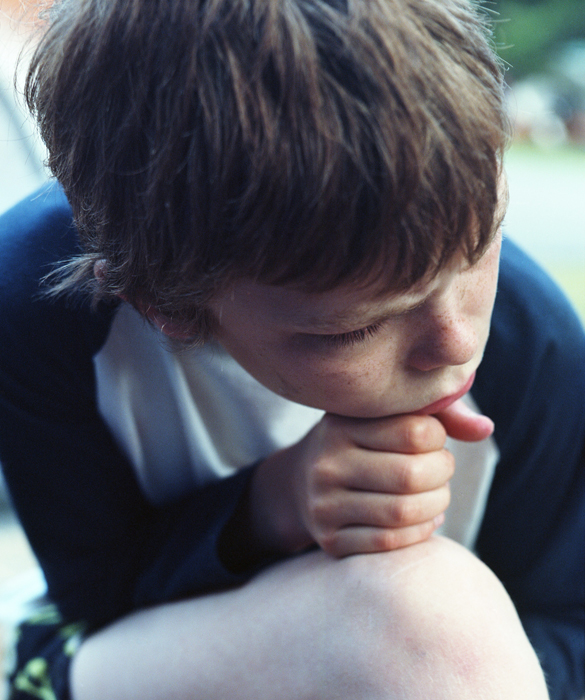
Remember who’s speaking (an angry young child), and don't take the bait. Overlook the harsh words and focus on the feelings underneath. “Wow, you’re really mad at me. You’re so mad you’re yelling ‘I hate you.’” Simply making this observation can help you both calm down. He’s probably mad because you just set a firm behavior limit, so keep perspective and don’t be devastated. An angry child needs help appropriately expressing feelings.
Let Them Swear
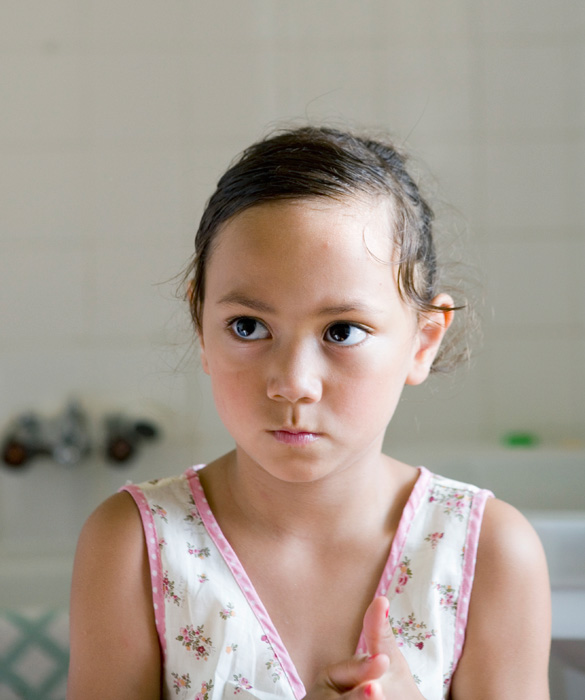
Most kids love saying banned words. So let them—in the bathroom. By giving a safe location to say bad words (whether “poop,” “dummy” or something stronger), you meet their need for exploration and power without hurting your ears. This helps kids learn what’s appropriate and what’s not. Besides, complete censorship rarely works. Kids love the illicit thrill and shock power of swearing if you ban it.
Get a 'No Girls' Sign
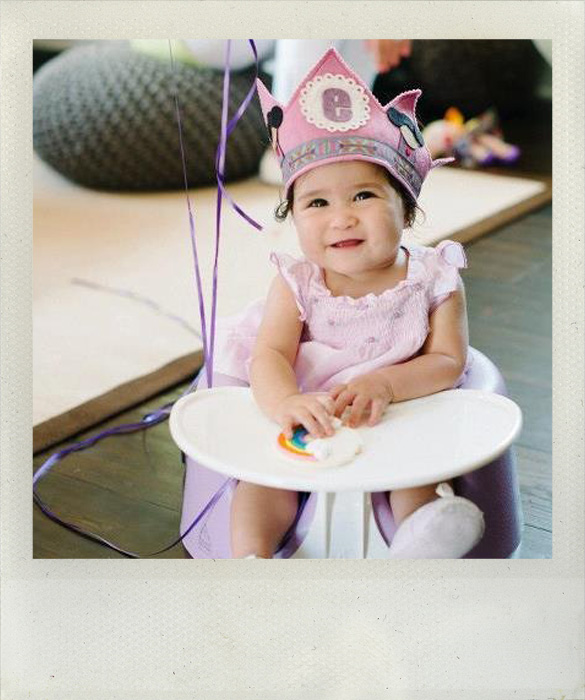
Starting around age 3, it’s natural for kids to sort into girls and boys during play. Single-sex play typically continues for seven years. Preschoolers sometimes establish their gender identity by excluding others, so you might hear cries of “No boys allowed!” or “No girls in our clubhouse!” Let it go. It’s not a major threat against equal rights. These proclamations are one way kids make friends and figure out “I’m a girl. He’s a boy.”
Stop Saying "Good Job!"
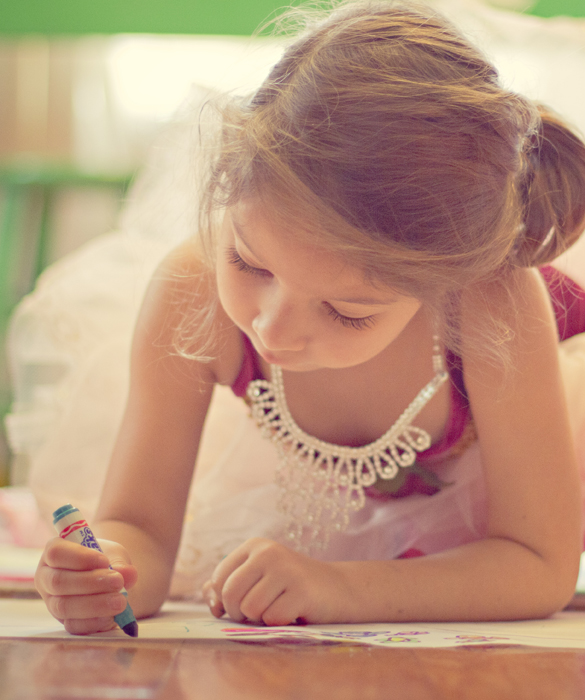
Kids don’t need empty praise. In fact, researchers are discovering they don’t need much external praise at all. What really matters comes from the inside, when the child praises herself. You can help a child develop that healthy, internal praise by noticing and acknowledging what she does. “You used a lot of colors in that picture.” “You’re high up on the climber.” Kids build self-confidence through trying things and taking risks. Effort counts much more than praise.
Boys Can Wear Tutus
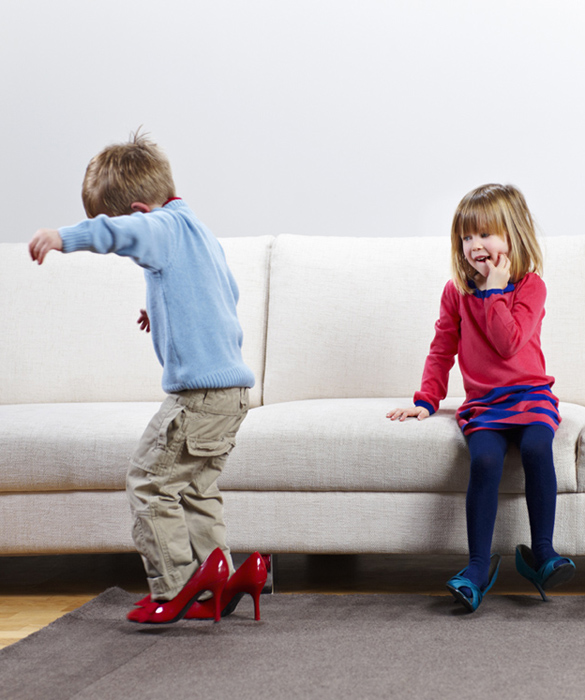
Girls now have the freedom to try on any roles or dress-up clothes. Boys don’t. Why not? Many boys, especially preschoolers, like to try on sparkly shoes or pretend to be a girl during games. Give that freedom. Play that crosses gender roles is creative and harmless. Don’t read too much into it. Respecting your child’s ideas for play means you respect him. Your child will grow up to be the person he was meant to be.
Heather Shumaker is the author of the new book It’s OK NOT to Share … And Other Renegade Rules for Raising Competent and Compassionate Kids.



